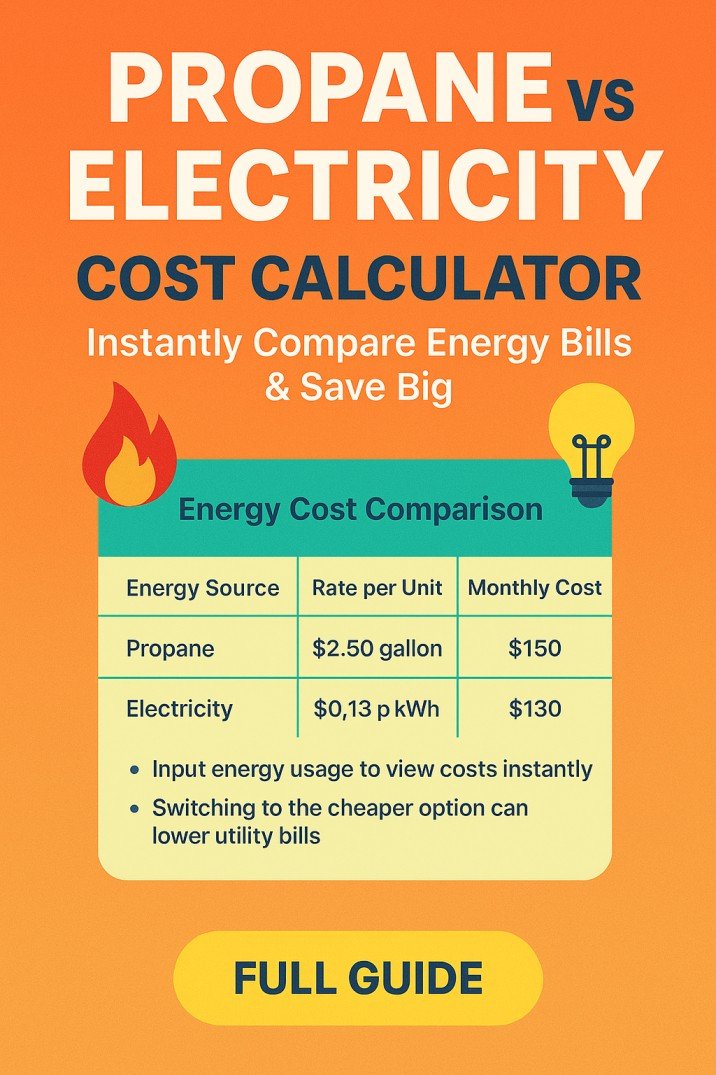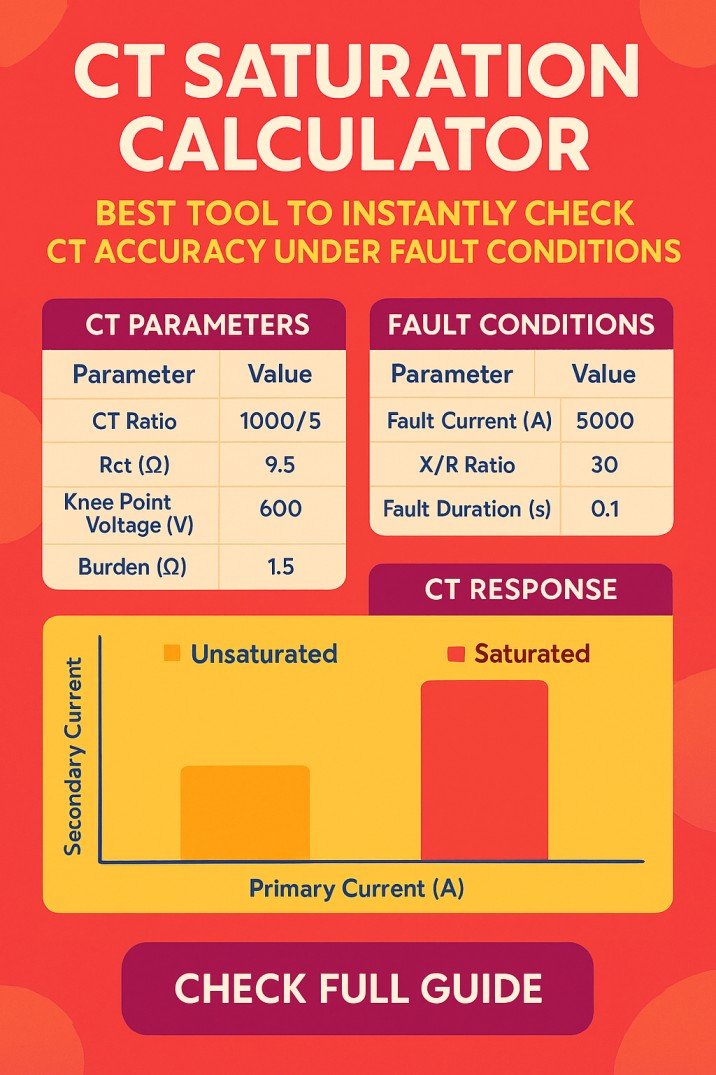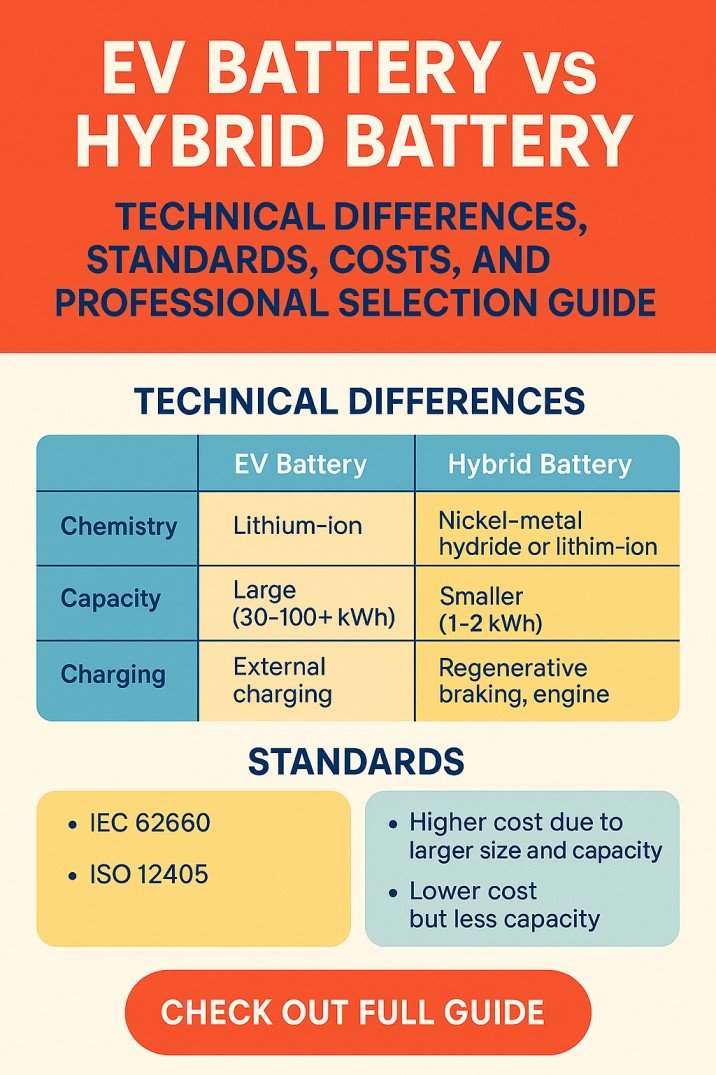ISO 17025 Certified Labs in Pakistan
ISO 17025 certified labs in Pakistan are becoming increasingly essential in various sectors. These laboratories demonstrate technical competence and generate accurate results. Whether it’s food safety, environmental testing, calibration, or pharmaceuticals, ISO 17025 ensures global trust.
The standard was developed by the International Organization for Standardization (ISO) and the International Electrotechnical Commission (IEC). It is specifically for testing and calibration laboratories. Pakistan, like many countries, has adopted ISO 17025 as a benchmark for quality and reliability.
Why ISO 17025 Certified Labs Matter
Labs that achieve ISO 17025 certification operate under strict guidelines. The standard covers both management and technical requirements. This includes personnel competence, testing methods, equipment calibration, and report accuracy.
ISO 17025 certified labs in Pakistan help ensure that test results are trustworthy. This has a direct impact on product safety, compliance with regulations, and international acceptance. For export-based industries in Pakistan, this is critical.
Companies that rely on lab data can avoid costly recalls and rejections. It also helps improve customer confidence. In short, ISO 17025 builds credibility and operational excellence.
Growth of ISO 17025 Labs in Pakistan
Over the past decade, there has been a sharp increase in the number of certified labs. The trend is driven by demand from industries such as:
- Pharmaceuticals
- Environmental services
- Textile manufacturing
- Food and beverage processing
- Oil and gas
With the growth in global trade, there is more pressure to meet international standards. Certification helps laboratories in Pakistan compete globally and comply with international requirements.
Table: Examples of ISO 17025 Certified Labs in Pakistan
| Laboratory Name | Sector | Location | Accreditation Body |
|---|---|---|---|
| Pakistan Council of Scientific & Industrial Research (PCSIR) | Multi-sector | Karachi, Lahore, Peshawar | PNAC |
| SGS Pakistan | Environmental & Food | Karachi | PNAC |
| Bureau Veritas Pakistan | Textile & Consumer Goods | Lahore | PNAC |
| National Physical & Standards Lab | Calibration | Islamabad | PNAC |
| Intertek Pakistan | Consumer Goods | Karachi | PNAC |
PNAC (Pakistan National Accreditation Council) is the primary local body responsible for ISO 17025 accreditations.
Technical Requirements in ISO 17025 Labs
The technical requirements in ISO 17025 cover several critical areas. These include:
- Staff Competency: Personnel must be trained and skilled in specific test methods.
- Test Method Validation: Labs must validate their testing and calibration methods.
- Equipment Calibration: Equipment must be properly maintained and calibrated regularly.
- Measurement Traceability: Test results must be traceable to international or national measurement standards.
- Handling of Test Items: Proper procedures must be followed from receipt to disposal of test items.
Equipment and Calibration in Pakistani Labs
Most ISO 17025 certified labs in Pakistan use high-end calibrated instruments. These include gas chromatographs, HPLC systems, mass spectrometers, and torque measuring tools. Calibration services are often provided in-house or by other certified calibration labs.
This ensures the precision of test results. It also minimizes uncertainties and errors in the data.
ISO 17025 Certification Process in Pakistan
Getting certified involves a series of steps. Here’s a simplified version of the process most Pakistani labs follow:
- Gap Analysis
- Documentation Preparation
- Staff Training
- Internal Audit
- Application to PNAC
- On-site Assessment
- Corrective Actions
- Final Approval and Certificate Issuance
Labs must maintain compliance and undergo surveillance audits regularly. Any deviation can lead to suspension or withdrawal of the certificate.
Role of PNAC and International Recognition
PNAC is the official ISO 17025 accreditation body in Pakistan. However, for international recognition, labs also align their processes with standards from other bodies.
Pakistan’s memberships in regional and global organizations like APLAC (Asia Pacific Laboratory Accreditation Cooperation) and ILAC (International Laboratory Accreditation Cooperation) help labs gain international recognition.
Some Pakistani labs are even accredited by international bodies based in other countries. Others choose to follow the guidelines of ISO 17025 Accreditation Bodies in India to meet cross-border regulatory requirements.
Industries Benefiting from ISO 17025 Labs
Almost every technical sector in Pakistan benefits from certified labs. However, some industries rely more heavily on such labs due to the nature of their work.
Pharmaceuticals: Testing of raw materials, finished drugs, and stability samples.
Food and Agriculture: Nutritional analysis, contaminants testing, and pesticide residue.
Construction and Materials: Cement, concrete, and soil analysis.
Electrical and Electronics: EMC testing, safety compliance, and calibration.
Many organizations now look for ISO 17025 certified labs in Pakistan before partnering or outsourcing testing services. This has created a surge in demand for trained auditors and implementers, leading to increased interest in learning resources like ISO 17025 Course Online Free.
Connection to Other ISO Standards
While ISO 17025 focuses on testing and calibration, it shares a close relationship with other standards. For example, ISO 20000 Lead Auditor Certification and ISO 20000 Lead Implementer Exam Questions often explore integration of service management systems with lab operations.
This is especially true for large labs that also function as service providers or support industries with IT and quality management components.
ISO 17025 Clauses Every Lab Must Know
There are several core ISO 17025 Clauses that laboratories in Pakistan must comply with. These include:
- Clause 4: General Requirements – Impartiality and confidentiality
- Clause 5: Structural Requirements – Legal status, roles, and responsibilities
- Clause 6: Resource Requirements – Personnel, facilities, equipment
- Clause 7: Process Requirements – Sampling, handling, test methods, validation
- Clause 8: Management System Requirements – Documentation, improvement, audits
These clauses guide labs in maintaining quality and improving performance.
Future of ISO 17025 Labs in Pakistan
The future looks promising. With the push for quality infrastructure, more labs are working toward certification. Government initiatives are also encouraging labs to meet international benchmarks.
Universities and technical institutes are starting to offer courses and workshops. These include both offline and online formats. The availability of ISO 17025 Course Online Free programs is making it easier for professionals to gain knowledge and contribute to the industry.
As more businesses demand precision and reliability, the number of ISO 17025 certified labs in Pakistan will continue to rise.
Final Thoughts
ISO 17025 certification is not just a badge. It is a reflection of a lab’s commitment to quality and accuracy. In Pakistan, certified labs are becoming the backbone of technical industries. They help ensure product safety, legal compliance, and consumer protection.
Whether you are a manufacturer, exporter, or public health agency, partnering with a certified lab is a strategic advantage. The journey toward ISO 17025 is demanding, but the results are worth the effort.
Follow Us on Social:
Subscribe our Newsletter on Electrical Insights for latest updates from Electrical Engineering Hub
ISO17025, #CertifiedLabs, #PakistanLabs, #ISO17025Certification, #AccreditedLabs, #QualityTesting, #ISO17025Pakistan, #LaboratoryAccreditation, #ISOStandards, #LabTesting, #PakistanCertification, #ISO17025Compliance, #AccreditedTestingLabs, #ISOCertification, #LabExcellence






